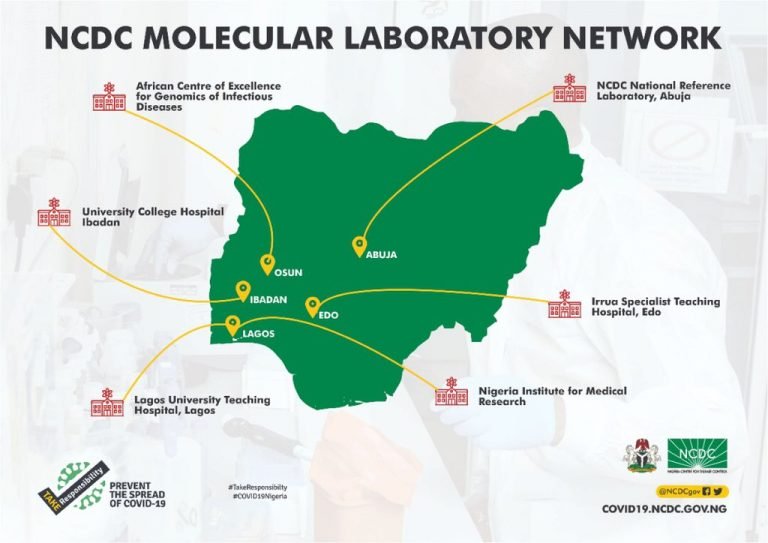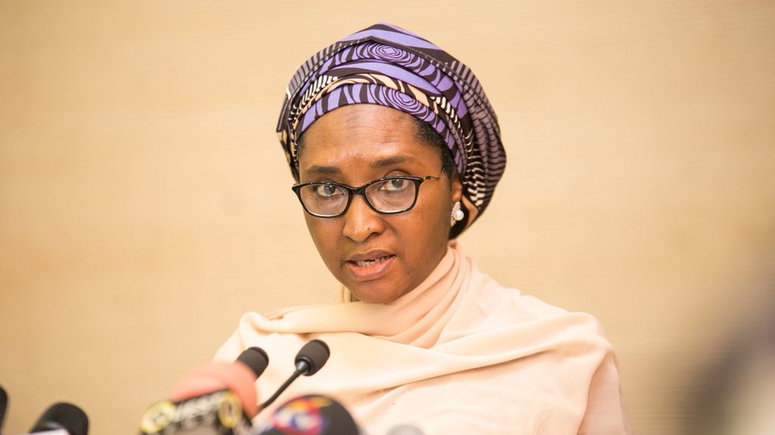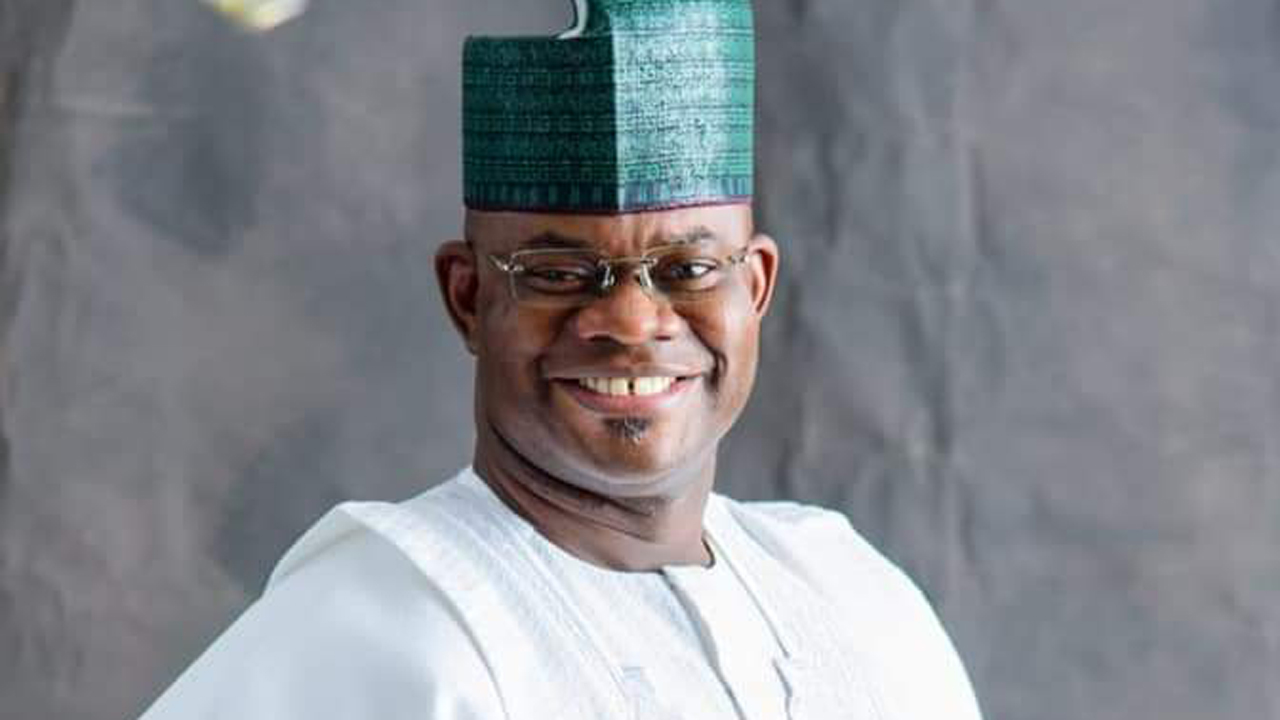Covid-19 in Nigeria: Cislac Demands Total Accountability of Donated Funds (Press Release)

While the Civil Society Legislative Advocacy Centre (CISLAC)/ Transparency International in Nigeria commends and appreciates the ongoing donations by indigenous groups towards the combating the COVID-2019 virus pandemic and its socio-economic impacts, we at the same time, call for total accountability of the utilisation and distribution of funds.
As we welcome the recent constitution of the Presidential Task Force on COVID-19 response with specific responsibility to coordinate donations for efficient and impactful spending, we are also surprised that selection and appointment into the Committee did not take cognizance of representatives from the media and other credible governmental and non-governmental organisations working on anti-corruption, transparency and accountability in governance and public financial management.

In times of global public emergency, proactive measures to ensure judicious utilisation and distribution of these funds are needed more than ever. Inclusion of media and other accountability entities in the Committee would compel transparency and accountability in the utilisation and dissemination of managed funds. At this critical junction, Nigeria cannot afford mismanagement and misappropriation of public and donated funds.
We on this note have no hesitation to state that diversion or misappropriation of the funds would be tantamount to total betrayal, unpatriotic, unsympathetic and selfishness in the management of the nation’s treasury which are punishable under relevant laws.
While we monitor with keen interest response of various authorities to commitment of the Federal Government towards alleviating impacts of the newly pronounced lockdown in some states, we demand sincere effort to ensure relief materials and other financial and material assistance are deployed accordingly to citizens irrespective of their socio-economic status with holistic and transparent strategy to adequately appropriate relief package to citizens at the grassroots level.
We also observe that ongoing development has further revealed the government’s inadequate preparedness capacity to mitigate impacts of the pandemic and other national emergency with existing poor national storage capacity for food and other basic needs to respond adequately.
Let us recall that, according to UNICEF, only 26.5 per cent of the population use improved drinking water sources and sanitation facilities. Furthermore, around 75 million Nigerians do not have access to electricity. Given the global trend, we observed that the lockdown cannot be meaningful without adequate proactive measures by the Government on the provision of basic amenities such as sufficient food supplies, access to water and regular power supply to genuinely address the plights and agitations of common citizens, whose daily means of income would be largely affected. Any lock-down must take into consideration these underlying infrastructure deficits. Also we think that we need a workable strategy to use the lock-down period to track and trace the virus which also these donations should cater for, else sitting at home will not have contributed anything in the fight against the pandemic virus as it will only just lurk around the corner and spread whenever the coast is open again.
We therefore call on the Federal Government, relevant authorities and anti-graft institutions to ensure proper accountability in the utilisation and distribution of the donated funds. All distributed funds need to be recorded and pro-actively published so that impartial and objective verification is enabled.
We also call on the civil society, media and all well-meaning citizens to constructively monitor and report progress as events unfold.
Auwal Ibrahim Musa (Rafsanjani)
Executive Director, CISLAC
The Insight Report
Nigeria Coverage



